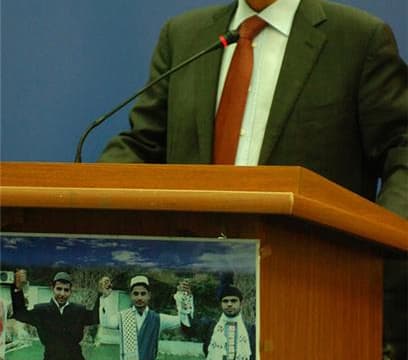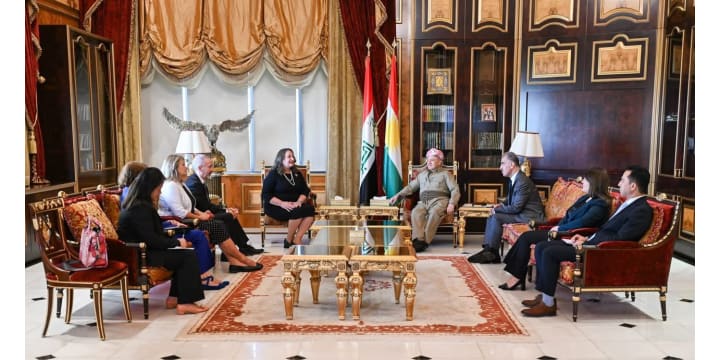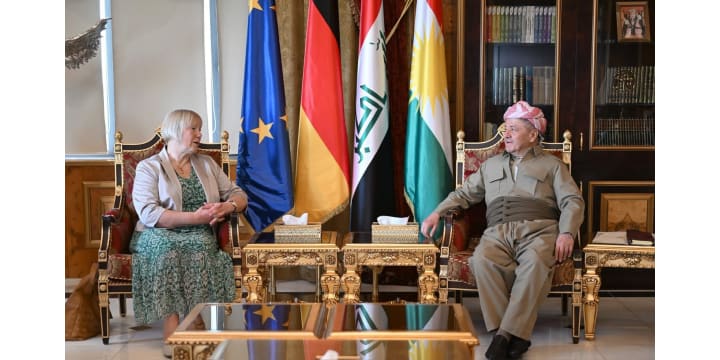
The KDP Political Bureau conveys condolences to the family of Dr. Najmaldin Karim
The Political Bureau of the Kurdistan Democratic Party (KDP) offered its sincere condolences on the death of the Kurdish politician and governor of Kirkuk, Dr. Najmaldin Karim. The statement reads, “We have received with sadness and sorrow the news of the passing of the politician and fighter Dr. Najmaldin Karim,” adding “our condolences to his patriotic family, his relatives, the people of Kirkuk Governorate and all the Kurds. We share their grief.”
The statement added that the late Najmaldin Karim was a well-known, Kurdish intellectual who had a stance and was loyal to the cause of the Kurdish people and their liberation struggle. The KDP’s statement also said, “to the end, he continued to struggle tirelessly as a well-balanced politician, diplomat, and a skilled and experienced doctor,” adding that, "his passing is a great loss and he will always be remembered."
Najmaldin Karim, 71 years old, suffered a stroke four days ago where he was admitted to intensive care in a hospital in Washington, DC, according to a statement issued by his office.
The statement from his office announced that the legitimate governor of Kirkuk died at eleven o'clock in the evening (EST) on October 30, 2020, of an acute stroke.
The statement also indicated that the body of the deceased will be returned to Kurdistan to be buried temporarily and that he will be permanently buried in his home city of Kirkuk, noting when, “the city of Kirkuk is liberated and enjoys the security and stability with the return of Peshmerga forces.”
Dr. Najmaldin Karim was the governor of Kirkuk from April 3, 2011, to October 16, 2017, when the Popular Mobilization Forces took control of Kirkuk and installed his deputy, Rakan al-Jubouri, as an illegal governor in his place.
The late Karim participated actively in the independence referendum that took place in the Kurdistan Region and the Kurdish territories outside the Kurdistan Region, including Kirkuk Governorate.
Dr. Karim was born in the city of Kirkuk in 1949 where he completed his studies and graduated from the Faculty of Medicine at the University of Mosul in 1971. He joined the Peshmerga Forces in the September Revolution in 1972 until 1976. He then traveled to the United States of America and completed neurosurgery training at George Washington University. He served as an associate professor at the same university, before returning to the Kurdistan Region.

